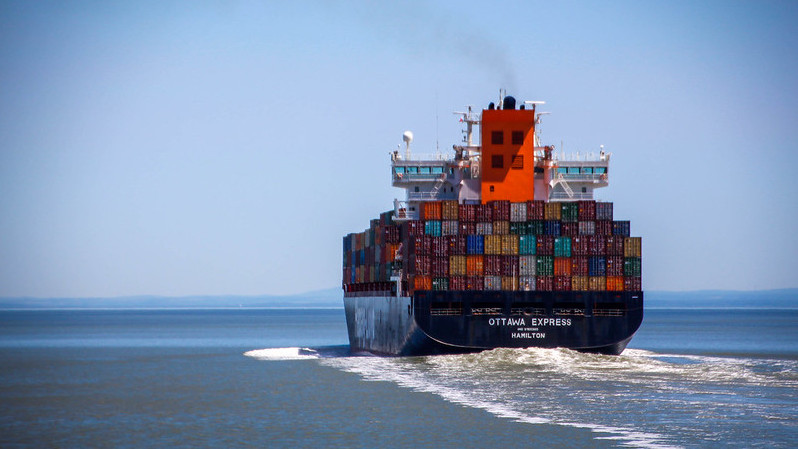The International Maritime Organisation (IMO) has postponed a significant meeting on environmental protection a day after the World Health Organisation declared the coronavirus outbreak a pandemic.
The UN body responsible for global shipping, which is based in London, also closed its headquarters to staff and visitors on Thursday and Friday as a precautionary measure.
The IMO put off talks by the Marine Environment Protection Committee (MEPC), which had been due to meet in London from 30 March to 3 April. The MEPC is reviewing proposals to improve the energy efficiency of ships.
A total of five IMO meetings have now been cancelled, including a working group on reducing greenhouse gas emissions from ships from 23-27 March.
The rescheduling of the meetings will be announced “in good time for delegates to make appropriate arrangements,” the IMO said.
In a statement, it cited “the rapid increase of cases worldwide and the continuing difficulties for some delegates from IMO member states travelling from abroad to attend IMO meetings” and WHO’s announcement as reasons for the decision.
Coronavirus: UN delays talks on global ocean biodiversity treaty
Countries members to the IMO have agreed to reduce carbon emissions from global shipping by 40% from 2008 levels by 2030 and at least halve its greenhouse gas emissions by 2050.
The IMO is working to finalise measures to support its CO2 intensity reduction goal this year. The MEPC meeting was due to review a number of short-term measures to cut carbon emissions.
A controversial proposal by Japan to fit ships with engine power limitation devices to indirectly reduce speed and fuel use was on the agenda for review.
Research by the International Council on Clean Transportation (ICCT) has shown the proposal will not directly have an impact of carbon emissions because ships are already operating slower than the proposal’s implied limit.
Faig Abbasov, the shipping programme manager at NGO Transport & Environment, told Climate Home News it was too early to predict the impacts on the negotiations but that much depended on when the meeting would be able to take place.
“Timing matters because if the IMO reaches an agreement on stringent reduction measures, it will then need six months to be adopted followed by 10+6 months to go through the tacit acceptance process,” he said.
“In that sense, any delay in the approval of measures that could have happened at the MEPC meeting would have implications on that timeline as well.”
Coronavirus delays global efforts for climate and biodiversity action
This is the latest global climate meeting to be affected by the spread of the virus, also known as Covid-19.
On Wednesday, the UN General Assembly agreed to postpone a key meeting when countries were due to finalise a global ocean treaty that would enable the creation of marine protected areas in the high seas.
UN Climate Change has also cancelled or postponed all physical meetings until the end of April.
The spread of the virus is putting increasing pressure on the climate and biodiversity timetable this year, with a number of high-level meetings likely pushed back to the summer and the second half of the year.
